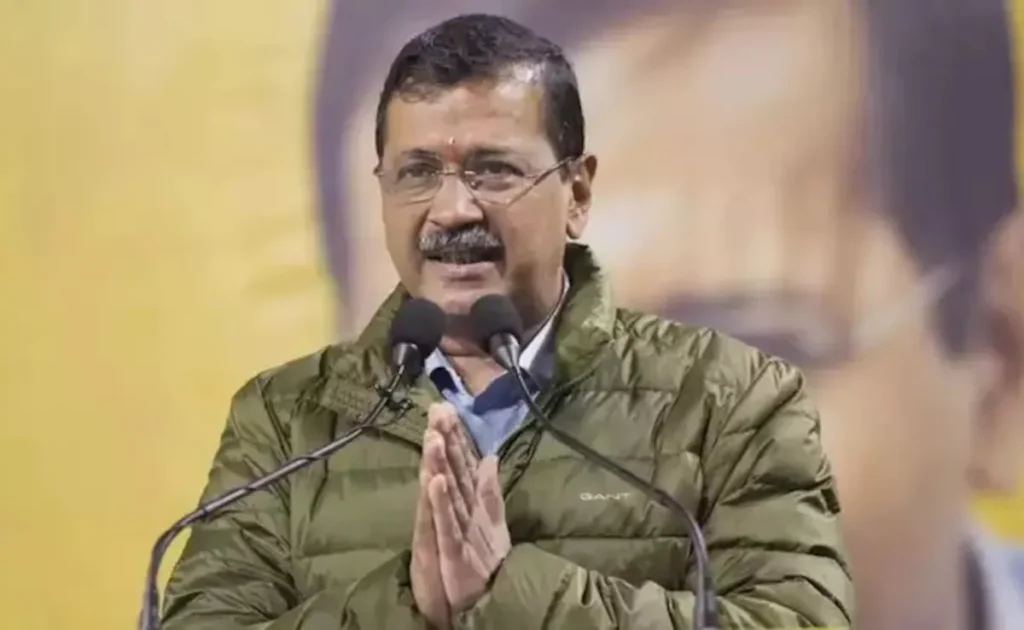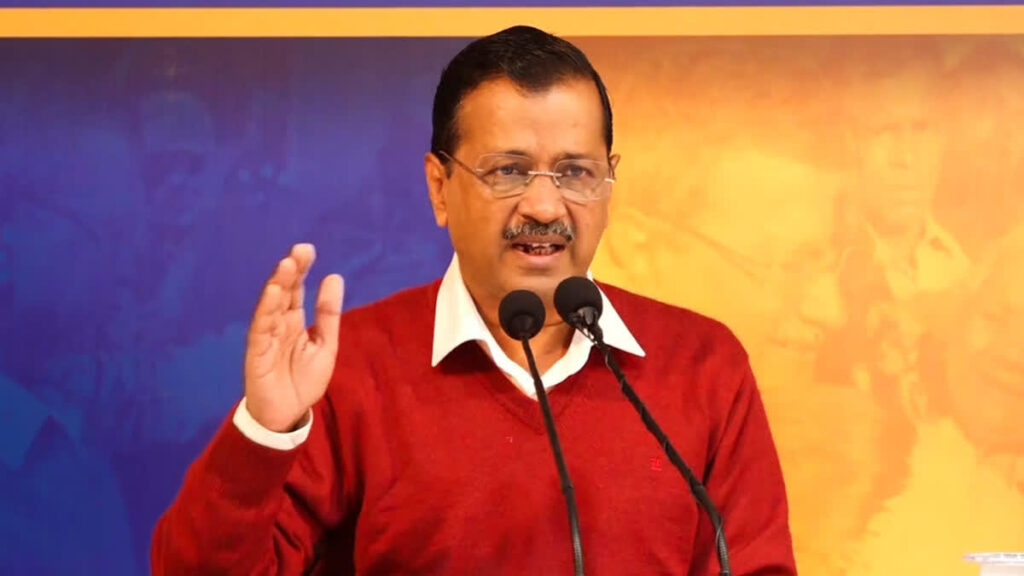In a major political development just weeks before the crucial Delhi Assembly elections, seven MLAs from the Aam Aadmi Party (AAP) have resigned after being denied party tickets. The move has sparked controversy, raising questions about internal democracy within the party and potentially impacting AAP’s prospects in the upcoming polls. The resignations come at a time when the political climate in Delhi is already tense, with all major parties aggressively campaigning to secure victory in the 2025 elections.

Table of Contents
The Resigned MLAs and Their Allegations
The seven MLAs who have tendered their resignations are:
- Rohit Mehraulia (Trilokpuri)
- Madan Lal (Kasturba Nagar)
- Rajesh Rishi (Janakpuri)
- Bhavna Gaur (Palam)
- Naresh Yadav (Mehrauli)
- Anil Bajpai (Gandhi Nagar)
- Avtar Singh (Calcutta)
These legislators have cited multiple reasons for their departure, including dissatisfaction over the ticket distribution process and allegations of favoritism within the party leadership. Some have accused AAP of sidelining dedicated workers in favor of newcomers with financial and political backing. Others have openly stated their loss of faith in the decision-making structure of the party.
Accusations of Favoritism and Lack of Transparency
Speaking to the press, Rajesh Rishi, the former MLA from Janakpuri, alleged that “AAP has strayed from its original principles. When we joined the party, it was about transparency and accountability. Today, ticket distribution is influenced by money and connections.”
Similarly, Bhavna Gaur, who represented the Palam constituency, claimed, “Our work in the constituencies has been ignored. Instead of rewarding loyal party members, AAP has chosen to field candidates with no grassroots connection. This is unfair to both the workers and the voters.”
Adding to these allegations, another resigned MLA, Anil Bajpai, suggested that “the leadership has become dictatorial, sidelining voices that challenge or question decisions. This is not the party we built together.”
Impact on AAP’s Electoral Strategy
AAP, which has enjoyed a stronghold in Delhi politics over the past decade, is facing a tough election battle in 2025. The resignation of seven sitting MLAs poses a direct challenge to the party’s unity and could weaken its chances in these constituencies. The opposition is expected to exploit this division within the party to its advantage.
Political analysts suggest that the exit of these MLAs might divide AAP’s vote base, making it easier for opposition parties like the BJP and Congress to capitalize on the discontent. “These resignations, especially at such a crucial time, could hurt AAP’s performance. Disgruntled former members might contest independently or align with rival parties, leading to vote fragmentation,” said political analyst Anirudh Tiwari.
BJP and Congress React to the Crisis
The Bharatiya Janata Party (BJP) was quick to react to the development, with Delhi BJP Chief Manoj Tiwari stating, “This is a clear indication that AAP is falling apart. Its own MLAs have no faith in the leadership of Arvind Kejriwal. The people of Delhi should take note of this betrayal.”
The Congress, which has been attempting a political comeback in Delhi, also took a jibe at AAP. “AAP has always claimed to be different, but today it is functioning just like any other political party, prioritizing power over principles,” said Congress leader Ajay Maken.
Opposition parties have started using this controversy to fuel their campaigns, positioning themselves as viable alternatives to AAP. BJP leaders have intensified their rhetoric against the ruling party, accusing it of hypocrisy and mismanagement.
AAP’s Official Response
So far, AAP leadership has not issued a detailed statement, but sources within the party have indicated that these MLAs were denied tickets due to poor performance and lack of voter connect in their constituencies. An AAP spokesperson remarked, “Ticket allocation is based on performance metrics. Those who did not work for the people cannot expect automatic re-nomination. The party is committed to serving the citizens of Delhi with fresh faces and new energy.”

However, opposition leaders and disgruntled Aam Aadmi Party members have dismissed this explanation, calling it a cover-up for internal rifts and favoritism. The issue has also led to a social media storm, with AAP supporters divided over the resignations. While some believe that the leadership made the right call in fielding new candidates, others feel that the party is betraying its founding principles.
Next Moves of the Resigned MLAs
With their resignations, the seven MLAs are now weighing their political options. Some have hinted at contesting as independent candidates, while others are reportedly in talks with opposition parties. Insiders suggest that the BJP has approached some of the rebel MLAs, offering them party tickets. Meanwhile, Congress is also attempting to woo a few of them, hoping to revive its lost presence in the capital.
If these MLAs contest against AAP, they could significantly impact vote shares in their respective constituencies, making the electoral battle more unpredictable. Political insiders suggest that at least four of the seven resigned MLAs have been offered tickets by the BJP, while two others are considering independent candidacy.

What This Means for Delhi’s Political Landscape
Delhi’s political environment has always been dynamic, with AAP securing landslide victories in 2015 and 2020 based on its governance model and welfare schemes. However, as the 2025 elections approach, internal conflicts and allegations of favoritism could dent the party’s image.
Political expert Richa Verma believes that “AAP still has a strong voter base, but such resignations create uncertainty. The opposition will exploit these defections, and it remains to be seen how Kejriwal and his team manage this crisis.”
Furthermore, voter sentiment remains a crucial factor. While AAP’s governance has won praise in key areas such as education, healthcare, and electricity subsidies, political instability within the party could alter voter perception. Some Delhi residents have expressed concern over these resignations, questioning whether AAP can maintain its commitment to transparency and good governance.
Conclusion
With just a few weeks to go before the Delhi Assembly elections, AAP faces an unexpected challenge with the resignation of seven sitting MLAs. While the party maintains that the ticket distribution was based on merit, the dissenters claim otherwise, alleging internal rifts and lack of transparency.
The political future of these former AAP members remains uncertain, but their departure has undoubtedly added a new twist to the Delhi election narrative. As the campaign heats up, all eyes will be on how AAP manages this setback and whether it can retain its stronghold in the national capital.
The coming days will be crucial in determining whether AAP can maintain its dominance or whether these internal conflicts will cost them dearly at the ballot box.
